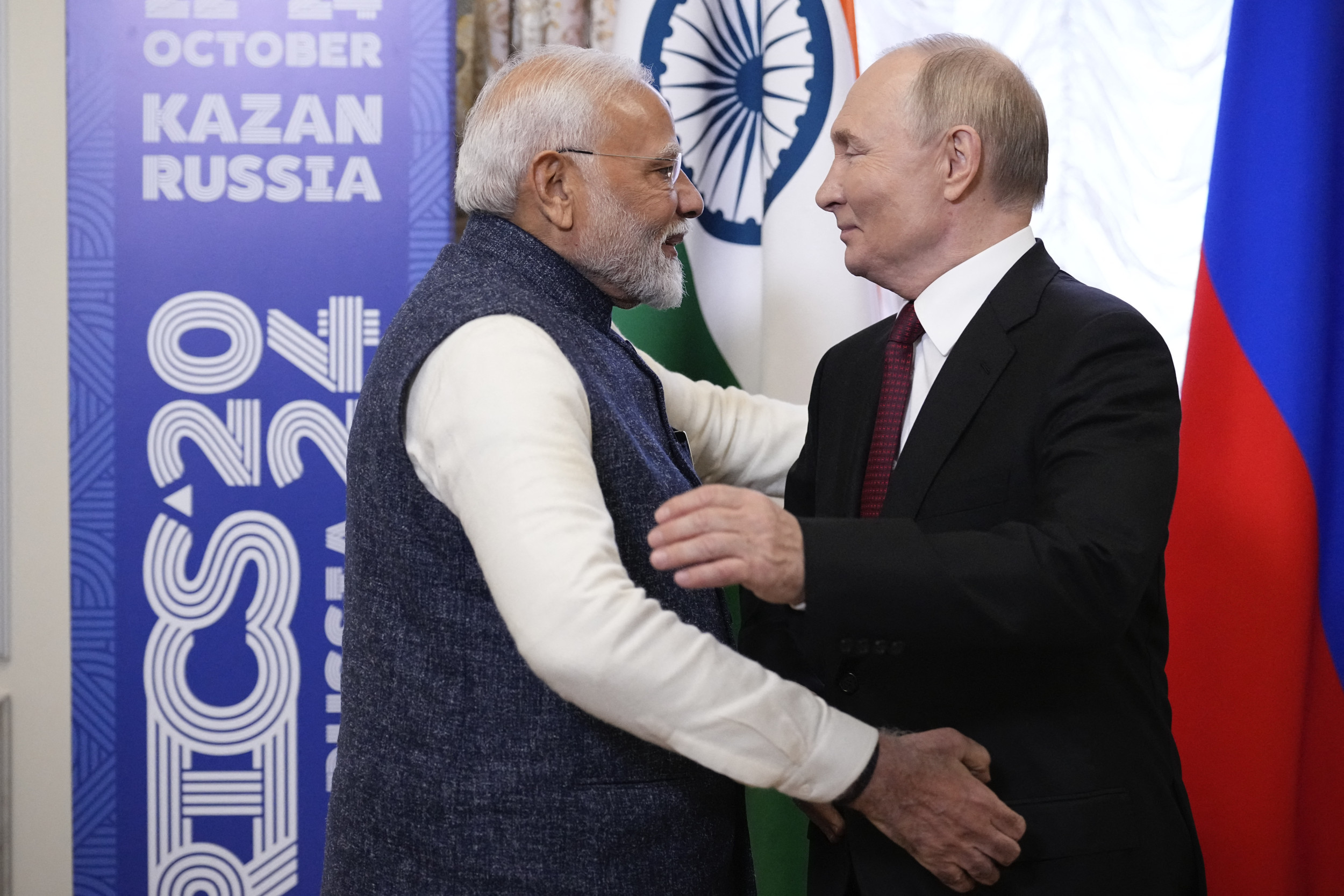A burgeoning trade dispute initiated by former President Donald Trump with India, a pivotal economic and defense ally of the United States, is raising significant concerns about potentially driving New Delhi closer into the strategic spheres of Russia and China. This economic tension threatens to reshape the intricate balance of Geopolitics in the Indo-Pacific region, impacting crucial US-India Relations.
In a bold move, Trump announced a substantial 25-percent Trade Tariffs on all Indian goods entering the United States, effective from early August. This decision, alongside his firm stance on International Trade, has intensified an already simmering feud, sparking apprehension among analysts regarding its long-term implications for global alliances and economic stability.
Historically, India has maintained a nuanced foreign policy, skillfully navigating its relationships with both Eastern and Western powers. Despite deep historical ties with Russia and growing economic links with China, India has simultaneously fostered significant security partnerships and purchased military hardware from the United States, showcasing its strategic autonomy and balancing act in global affairs.
However, Donald Trump’s uncompromising approach to trade now risks significantly straining the increasingly vital U.S.-India defense relationship. This partnership has flourished in recent years, underscoring India’s crucial geostrategic importance to the United States amidst its broader international rivalries. Any perceived slight could diminish New Delhi’s willingness to openly align with Washington on political and regional security matters.
Despite the implementation of these penalties, Trump indicated recently that International Trade discussions with India were still underway. He also contended that existing U.S.-India trade volumes were already low, primarily due to India’s own high tariffs on foreign imports, which he characterized as among the highest globally, framing the current dispute as a necessary corrective measure.
In response, India’s Commerce Minister, Piyush Goyal, affirmed that the nation was diligently assessing the potential impact of Trump’s proposed tariffs, pledging to safeguard the interests of its vast workforce, agricultural sector, and entrepreneurial community. This measured reaction highlights India’s careful consideration of its economic sovereignty.
Experts warn that the United States’ aggressive economic posture could indeed be counterproductive. Sana Hashmi, a foreign policy researcher, suggested that such actions might inadvertently compel India and China to deepen their cooperation, potentially revitalizing frameworks like RIC (Russia, India, China) as a strategic response to external pressures, thus shifting the balance of Geopolitics.
Further escalating the tension, Trump had previously threatened to impose additional tariffs on any countries associated with the BRICS group of nations. This influential bloc, comprising Brazil, Russia, India, China, and South Africa, had earlier denounced Trump’s “indiscriminate” tariffs at a leaders’ summit, signaling a unified stance against what they perceive as protectionist policies in International Trade.
Reflecting his firm stance on global commerce, Trump has famously stated his indifference to India’s economic relations, suggesting that their “dead economies” could decline together. He also expressed a desire to minimize business with Russia, underscoring a broader strategic aim to reshape international economic engagements through stringent Trade Tariffs and a forceful approach to US-India Relations.






Leave a Reply